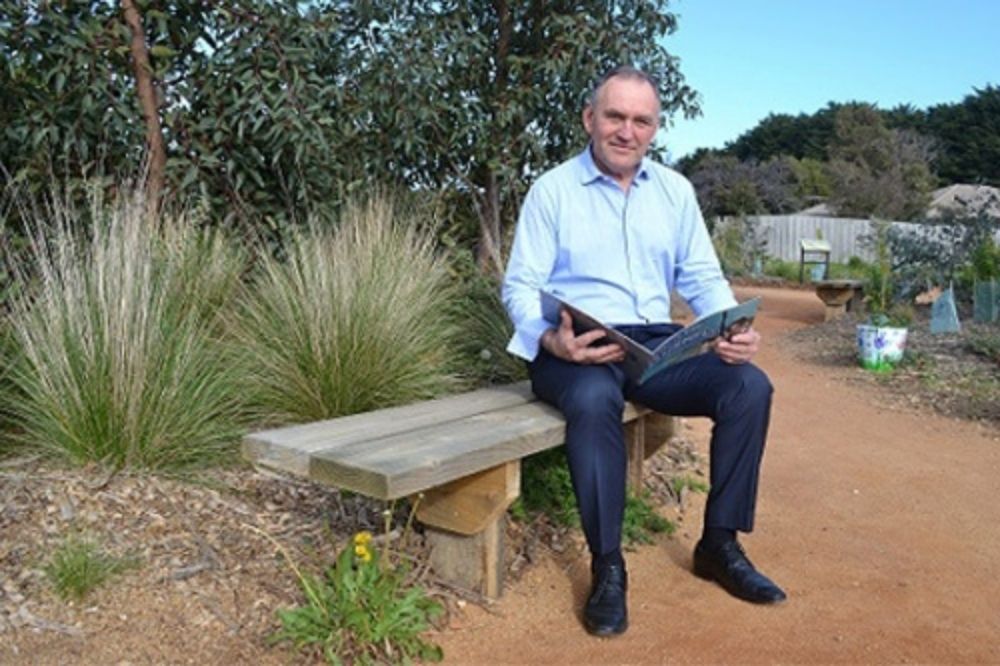
Adaptability is a key theme for schools as we enter into 2022. The past two years have taught us many things, not the least being the importance of retaining one’s optimism in the face of what can seem to be an endless stream of pessimism. With the threat of further lockdowns and a return to remote learning apparently receding, we can look to the immediate future with renewed hope and inspiration. Those qualities are of prime importance at the moment.
Whilst the gloom of lockdowns has lifted, the residue remains. Uncertainty - that fans fear and anxiety. Children significantly disengaged from not only school but almost everything else too. Families under ongoing stress and school staff nervous to say the least. Support services at breaking point in far too many cases. That’s quite a list – daunting to say the least. Nonetheless, not one to extinguish hope.
We’ve learnt a lot in these pandemic times. Surprisingly to many, student learning as whole did not fall off the cliff. In some cases, children actually thrived. Remote learning for all its limitations did accelerate digital proficiency across the school sectors and, for many, the relationship between the home and school grew significantly. Parents, on a systemic scale and whether they liked it or not, became directly engaged in their children’s learning like never before. That’s all very much cause for hope.
So where to from here? This is where the theme of adaptability kicks in, and on several levels. Systemically, ensuring that all schools and within those schools, all children are provided with the resources needed to take them forward. That support comes in many forms – material, social, psychological and community-based.
At the individual school level, it translates into weaving the inter-related key aspects of learning and wellbeing into a comprehensive, balanced and fair educational program for all students. That’s the challenge we all face in our schools.
Henry Grossek is the principal of Berwick Lodge Primary School in Victoria.


